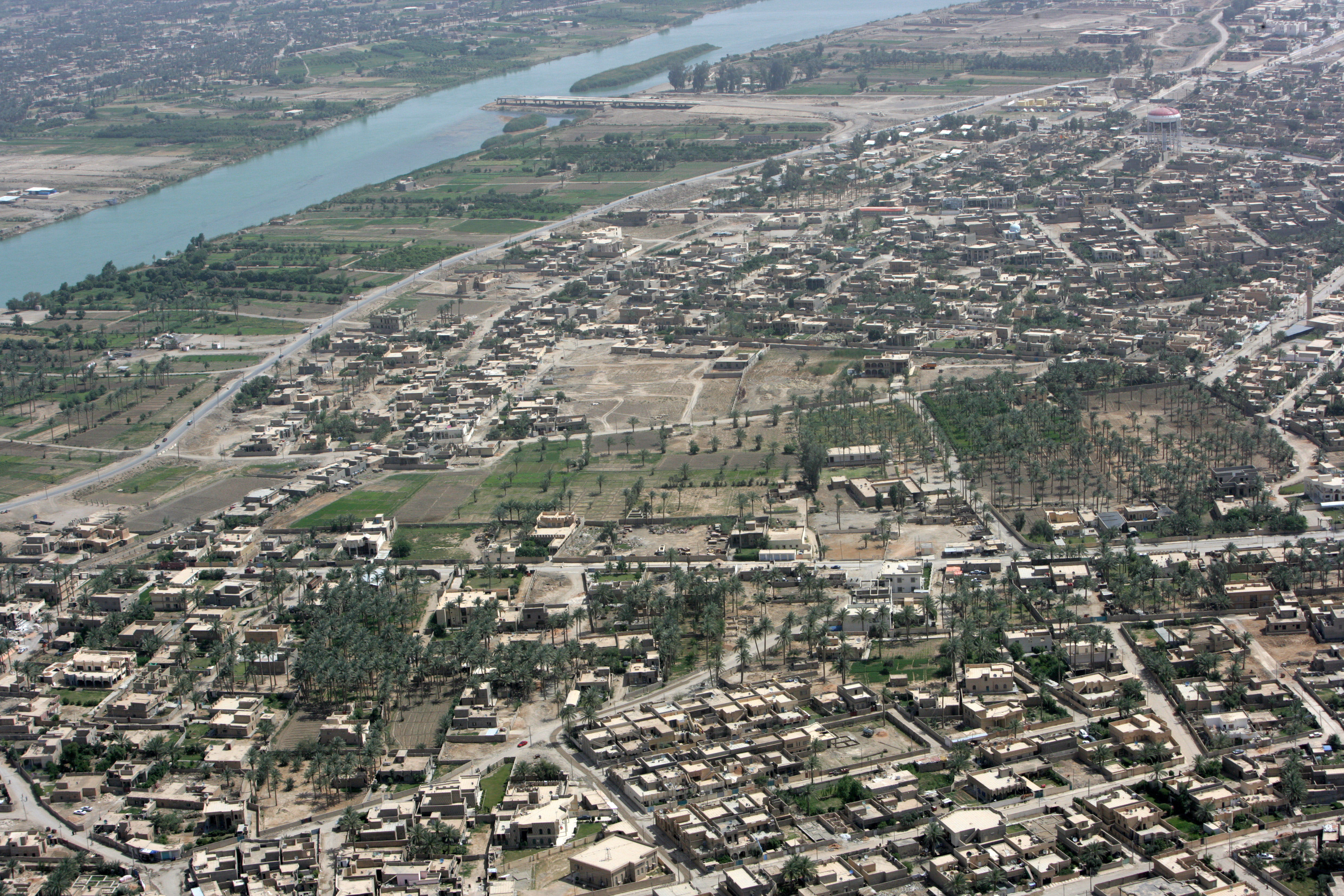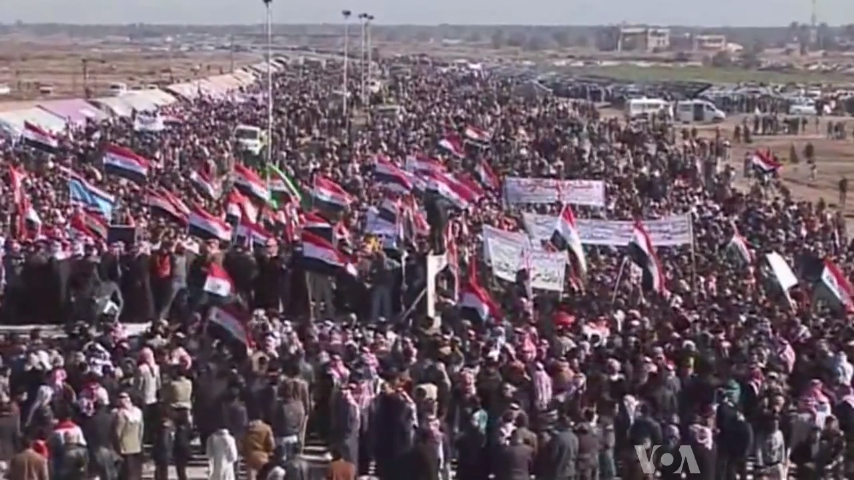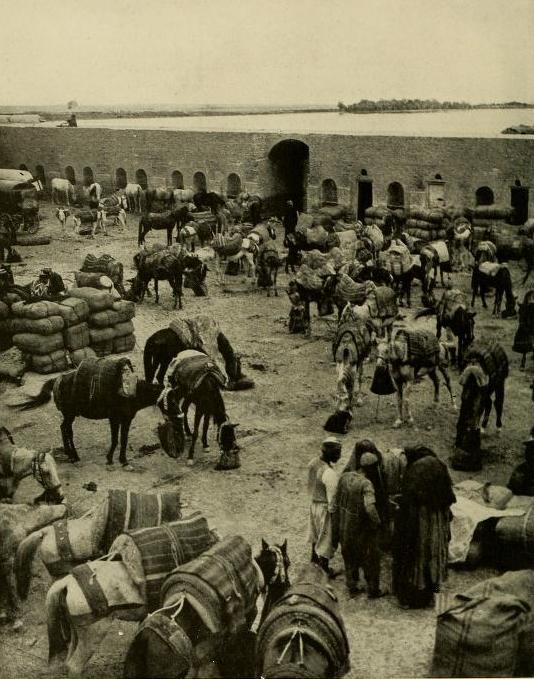|
Ramadi
Ramadi ( ''Ar-Ramādī''; also formerly rendered as ''Rumadiyah'' or ''Rumadiya'') is a city in central Iraq, about west of Baghdad and west of Fallujah. It is the capital and largest city of Al Anbar Governorate which shares borders with Syria, Jordan, and Saudi Arabia. The city extends along the Euphrates which bisects Al Anbar. Founded by the Ottoman Empire in 1879, by 2018 it had about 223,500 residents, near all of whom Sunni Arabs from the Dulaim tribal confederation. It lies in the Sunni Triangle of western Iraq. Ramadi occupies a highly strategic site on the Euphrates and the road west into Syria and Jordan. This has made it a hub for trade and traffic, from which the city gained significant prosperity. Its position has meant that it has been fought over several times, during the two World Wars and again during the Iraq War and Iraqi insurgency (2011–present), Iraqi insurgency. It was heavily damaged during the Iraq War, when it was a major focus for the insurgency ag ... [...More Info...] [...Related Items...] OR: [Wikipedia] [Google] [Baidu] |
Al Anbar Governorate
Al Anbar Governorate (; ''muḥāfaẓat al-’Anbār''), or Anbar Province, is the largest governorate in Iraq by area. Encompassing much of the country's western territory, it shares borders with Syria, Jordan, and Saudi Arabia. The population is mostly Sunni Arabs. The provincial capital is Ramadi; other important cities include Fallujah, Al-Qa'im and Haditha. The governorate was known as Ramadi up to 1976 when it was renamed Al Anbar Province, and it was known as ''Dulaim'' before 1962. A large majority of the inhabitants of the province are Arab Sunni Muslims and most belong to the Dulaim tribe. In early 2014, the Islamic State, with the assistance of some local Sunni militias, launched a successful campaign to seize control of the province from the Iraqi government. Numerous offensive actions were undertaken by the Iraqi government, with the assistance of local Sunni tribes to remove IS's occupation of the province, especially in the Anbar campaign (2015–16), the W ... [...More Info...] [...Related Items...] OR: [Wikipedia] [Google] [Baidu] |
Dulaim
Dulaim (also rendered as Dulaimi, Al Duliam or Dulaym; ) is an Arab royal tribe, with over three million members. The tribe's history goes back to pre-Islamic times and members reside today in Iraq and neighboring countries such as Syria, Kuwait and Jordan. It is also spelled Dulaimi, Dulaym, and Dalaimy. Members of this tribe are commonly identifiable by the surnames of their own clans or by the name Al-Dulaimi. The hereditary leadership of the Dulaim tribe has been transferred between many various houses, the last well-known Prince of Dulaim was Abdulrazak Ali Suleiman who comes from the Albu-Assaf clan. Origins The Dulaims are the largest Sunni Arab tribe in Iraq, living on the Euphrates from a point just below Al Hillah and southern Baghdad to Fallujah, Ramadi, al-Qaim, Samarra and Mosul.Abbas Al-Azzawi \ ''Tribes of Iraq'' (Arabic) \ Page 14-25 Some scholars believe they were part of the first Arab Conquests in the 7th century. The Iraqi historian Mohammed bin Ha ... [...More Info...] [...Related Items...] OR: [Wikipedia] [Google] [Baidu] |
Fallujah
Fallujah ( ) is a city in Al Anbar Governorate, Iraq. Situated on the Euphrates, Euphrates River, it is located roughly to the west of the capital city of Baghdad and from the neighboring city of Ramadi. The city is located in the region defined as Sunni Triangle by the United States, as the majority of its residents are Sunni Islam in Iraq, Sunni Arabs. In 1947, Fallujah was a small town with a relatively small population but had grown to a population of about 250,900 people by 2018. Following the 2003 invasion of Iraq, which triggered the Iraq War, the city became a major centre of resistance during Iraqi insurgency (2003–2011), insurgency. The United States, the United Kingdom, and the Iraqi Interim Government twice engaged in fierce urban combat with insurgents throughout the city; the First Battle of Fallujah, first battle of Fallujah failed to dislodge the insurgents, triggering the Second Battle of Fallujah, second battle, in which the coalition forces successful ... [...More Info...] [...Related Items...] OR: [Wikipedia] [Google] [Baidu] |
Iraq War
The Iraq War (), also referred to as the Second Gulf War, was a prolonged conflict in Iraq lasting from 2003 to 2011. It began with 2003 invasion of Iraq, the invasion by a Multi-National Force – Iraq, United States-led coalition, which resulted in the overthrow of the Ba'athist Iraq, Ba'athist government of Saddam Hussein. The conflict persisted Iraqi insurgency (2003–2011), as an insurgency arose against coalition forces and the newly established Iraqi government. US forces Withdrawal of United States troops from Iraq (2007–2011), were officially withdrawn in 2011. In 2014, the US became re-engaged in Iraq, leading a new coalition under Combined Joint Task Force – Operation Inherent Resolve, as the conflict evolved into the ongoing Islamic State insurgency in Iraq (2017–present), Islamic State insurgency. The Iraq invasion was part of the Presidency of George W. Bush, Bush administration's broader war on terror, launched in response to the September 11 attacks. ... [...More Info...] [...Related Items...] OR: [Wikipedia] [Google] [Baidu] |
Iraq
Iraq, officially the Republic of Iraq, is a country in West Asia. It is bordered by Saudi Arabia to Iraq–Saudi Arabia border, the south, Turkey to Iraq–Turkey border, the north, Iran to Iran–Iraq border, the east, the Persian Gulf and Kuwait to the Iraq–Kuwait border, southeast, Jordan to Iraq–Jordan border, the southwest, and Syria to Iraq–Syria border, the west. The country covers an area of and has Demographics of Iraq, a population of over 46 million, making it the List of countries by area, 58th largest country by area and the List of countries by population, 31st most populous in the world. Baghdad, home to over 8 million people, is the capital city and the List of largest cities of Iraq, largest in the country. Starting in the 6th millennium BC, the fertile plains between Iraq's Tigris and Euphrates rivers, referred to as Mesopotamia, fostered the rise of early cities, civilisations, and empires including Sumer, Akkadian Empire, Akkad, and Assyria. Known ... [...More Info...] [...Related Items...] OR: [Wikipedia] [Google] [Baidu] |
Governorates Of Iraq
Iraq consists of 19 governorates (; ), also known as "provinces". Per the Iraqi constitution, governorates can form a Federal regions of Iraq, federal region. Four governorates, Erbil, Sulaymaniyah, Halabja and Duhok, constitute the semi-autonomous Kurdistan Region. Baghdad Governorate, Baghdad (which is the most populous) and Basra Governorate, Basra are the oldest governorates. The second most-populous one, Nineveh Governorate, Ninawa (or Nineveh) is in the upland region and has a cooler climate of the north-west. There have been numerous calls to recognize Halabja Governorate since 1999. It was recognized as an official governorate of the Kurdistan Region in 2014, and the Council of Ministers (Iraq), Council of Ministers approved a bill twice in 2013, and 2023. The Council of Representatives of Iraq officially approved Halabja as Iraq's 19th governorate on 14 April 2025. On 27 April 2025, Baghdad Today reported of an ongoing government initiative to convert Tel Afar District ... [...More Info...] [...Related Items...] OR: [Wikipedia] [Google] [Baidu] |
Mesopotamian Campaign
The Mesopotamian campaign or Mesopotamian front () was a campaign in the Middle Eastern theatre of World War I fought between the British Empire, with troops from United Kingdom of Great Britain and Ireland, Britain, Australia and the vast majority from the British Raj, against the Central Powers, mostly the Ottoman Empire. It started after the British Fao Landing in 1914, which sought to protect Anglo-Persian Oil Company oil fields in Khuzestan province and the Shatt al-Arab waterway. The front later evolved into a larger campaign that sought to capture the city of Baghdad and divert Ottoman forces from other fronts. It ended with the Armistice of Mudros in 1918, leading to the cession of Iraq (then Mesopotamia) and further partition of the Ottoman Empire. The British advanced from Al-Faw to the city of Basra to secure British oil fields in nearby Qajar Iran, Iran. Following the landings, British forces won a string of victories along the Tigris and Euphrates rivers, including t ... [...More Info...] [...Related Items...] OR: [Wikipedia] [Google] [Baidu] |
Euphrates
The Euphrates ( ; see #Etymology, below) is the longest and one of the most historically important rivers of West Asia. Tigris–Euphrates river system, Together with the Tigris, it is one of the two defining rivers of Mesopotamia (). Originating in Turkey, the Euphrates flows through Syria and Iraq to join the Tigris in the Shatt al-Arab in Iraq, which empties into the Persian Gulf. The Euphrates is the List of longest rivers of Asia, fifteenth-longest river in Asia and the longest in West Asia, at about , with a drainage area of that covers six countries. Etymology The term ''Euphrates'' derives from the Koine Greek, Greek ''Euphrátēs'' (), adapted from , itself from . The Elamite name is ultimately derived from cuneiform 𒌓𒄒𒉣; read as ''Buranun'' in Sumerian language, Sumerian and ''Purattu'' in Akkadian language, Akkadian; many cuneiform signs have a Sumerian pronunciation and an Akkadian pronunciation, taken from a Sumerian word and an Akkadian word that mean ... [...More Info...] [...Related Items...] OR: [Wikipedia] [Google] [Baidu] |
John Bagot Glubb
Lieutenant-General Sir John Bagot Glubb, KCB, CMG, DSO, OBE, MC, KStJ, KPM (16 April 1897 – 17 March 1986), known as Glubb Pasha (; and known as Abu Hunaik by the Jordanians), was a British military officer who led and trained Transjordan's Arab Legion between 1939 and 1956 as its commanding general. During the First World War, he served in France. Glubb has been described as an "integral tool in the maintenance of British control." Early life and start of military service Glubb was born in Preston, Lancashire and educated at Cheltenham College. Glubb's father was Major-General Sir Frederic Manley Glubb, of Lancashire, who had been chief engineer in the British Second Army during the First World War; his mother was Letitia Bagot from County Roscommon. He was a brother of the racing driver Gwenda Hawkes. Glubb gained a commission in the Royal Engineers in 1915. On the Western Front of World War I, he suffered a shattered jaw. In later years, this would lead to his ... [...More Info...] [...Related Items...] OR: [Wikipedia] [Google] [Baidu] |
List Of Cities In Iraq
This article shows a list of largest cities and towns in Iraq. List This list includes the 80 most populous cities, towns, and sub-districts of Iraq, as of the most recent population estimate in 2018. Largest cities Ancient cities and towns * Babylon (ܒܒܝܠ) (بابل) * Ctesiphon (Al-Mada'in, المدائن) * Eridu (إريدو) * Hatra (حضر) * Kish (Sumer), Kish (كيش) * Lagash (لجش) * Nineveh (ܢܝܢܘܐ) (نينوى) * Nippur (نيبور) * Nuzi (Nuzu) * Samarra * Shenna (Sinn Barimma) * Sumer (سومر) * Ubaid period, Tell Ubaid (تل عبيد) * Ur (أور) * Uruk (أوروك) * Lubdu * Arrapha (now Kirkuk) See also *List of places in Iraq *Districts of Iraq References External links * {{List of cities in the Middle East Cities in Iraq, Populated places in Iraq Lists of cities by country, Iraq, List of cities in Iraq geography-related lists, Cities Lists of cities in Asia, Iraq ... [...More Info...] [...Related Items...] OR: [Wikipedia] [Google] [Baidu] |
Sunni Triangle
The Sunni Triangle is a densely populated region of Iraq to the north and west of Baghdad inhabited mostly by Sunni Muslim Arabs. The roughly triangular area's points are usually said to lie near Baghdad (the southeast point), Ramadi (the southwest point) and Tikrit (the north point). Each side is approximately 125 kilometers (80 miles) long. The area also contains the cities of Samarra, Fallujah, Balad, Hīt, Al-Taji and Al-Karmah. The area was a center of strong support for Ba'athist Iraq; from the 1970s on, many government workers, politicians, and military leaders came from the area. Saddam was born just outside Tikrit. After the 2003 U.S. invasion of Iraq, the area became a focus of armed Sunni opposition to Coalition Provisional Authority rule. On December 13, 2003, Saddam Hussein was captured in a raid on the village of Ad-Dawr about south of Tikrit. The term "Sunni triangle" was used intermittently from the 1970s among academic Iraq specialists, usually to differ ... [...More Info...] [...Related Items...] OR: [Wikipedia] [Google] [Baidu] |
Midhat Pasha
Ahmed Şefik Midhat Pasha (; 1822 – 26 April 1883) was an Ottoman politician, reformist, and statesman. He was the author of the Constitution of the Ottoman Empire. Midhat was born in Istanbul and educated from a private . In July 1872, he was appointed grand vizier by Abdulaziz (), though was removed in August. During the First Constitutional Era, in 1876, he co-founded the Ottoman Parliament. Midhat was noted as a kingmaker and leading Ottoman democrat. He was part of a governing elite which recognized the crisis the Empire was in and considered reform to be a dire need. Midhat was reportedly killed in al-Ta'if. Life Early life and family Ahmed Shefik Midhat Pasha was born in Istanbul in the Islamic month of Safar in 1238 AH, which began on 18 October 1822. His family consisted of well-established Muslim scholars. His father, Rusçuklu Mehmed Eşref, was a native of Ruse. The family seem to have been professed Bektashis. Born into an Ilmiye family, he receiv ... [...More Info...] [...Related Items...] OR: [Wikipedia] [Google] [Baidu] |







